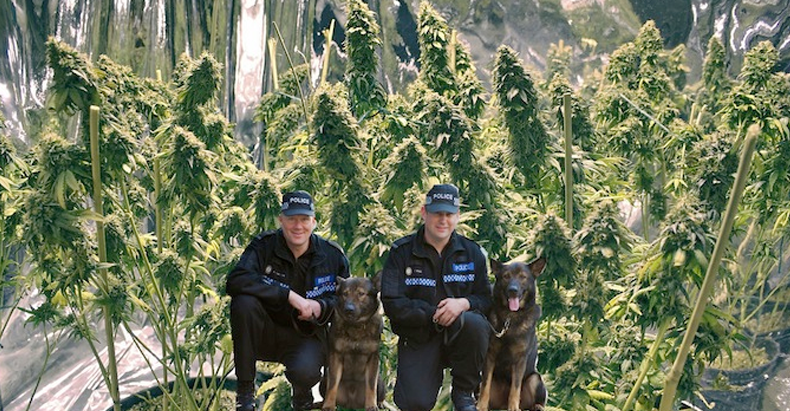Max Chantha | November 20, 2015
OHIO – Two detectives have been formally charged and a third scrutinized for participating in a scheme that saw them pocketing tens of thousands of dollars stolen from drug dealers.
These thefts were often executed with falsified search warrants, and the criminals themselves often let off without arrest.
Officers Antonio Malone, Eric Jones, and Torris Moore were all members of the Cleveland Police Department’s street crimes unit who have been implicated in a corruption scandal that saw them profit enormously from robbing the drug dealers they were meant to be locking up.
In several instance, the dealers were let go; Malone arranged for one dealer to be let off for a bribe of $3,000 after having his car impounded.
Other times the officers would be less subtle.
Moore, a sergeant who was responsible for helping to falsify paperwork that allowed the cop gang to get away to extort criminals with not only impunity but legal justification.
Various false statements and evidence were given to judges and prosecutors, allowing the corrupt officers to obtain illegal search warrants.
These warrants would typically end in the three officers splitting thousands of dollars between each other, compounding one crime with another.
Fortunately, it seems at least two of the officers will never abuse the power of their badges again.
Malone and Jones have plead guilty to conspiracy charges, and will serve time – though not much – for their crimes.
This is due to a plea deal in which they agreed to help the state prosecute Moore, who is still maintaining her innocence.
This case highlights all the intertwined issues that have combined to make the War on Drugs into a complete and utter failure.
The lack of recourse criminals – especially non-violent drug offenders – have against extortion and theft not only make them targets, but also incentivizes greedy officers to join drug task forces.
These task forces then become legalized gangs that often participate in the same crimes as those they are meant to be locking up.
It also shows the flawed nature of the warrant system, in which completely fabricated narratives and proof of crime can be used to rob and harass people.
This creates a mafia-like structure in which cops can legally harass people for bribes, paying for protection against arrest of prosecution.
Max Chantha is a writer and investigative journalist interested in covering incidences of government injustice, at home and abroad. He is a current university student studying Global Studies and Professional Writing. Check out Max Chantha: An Independent Blog for more of his work.

